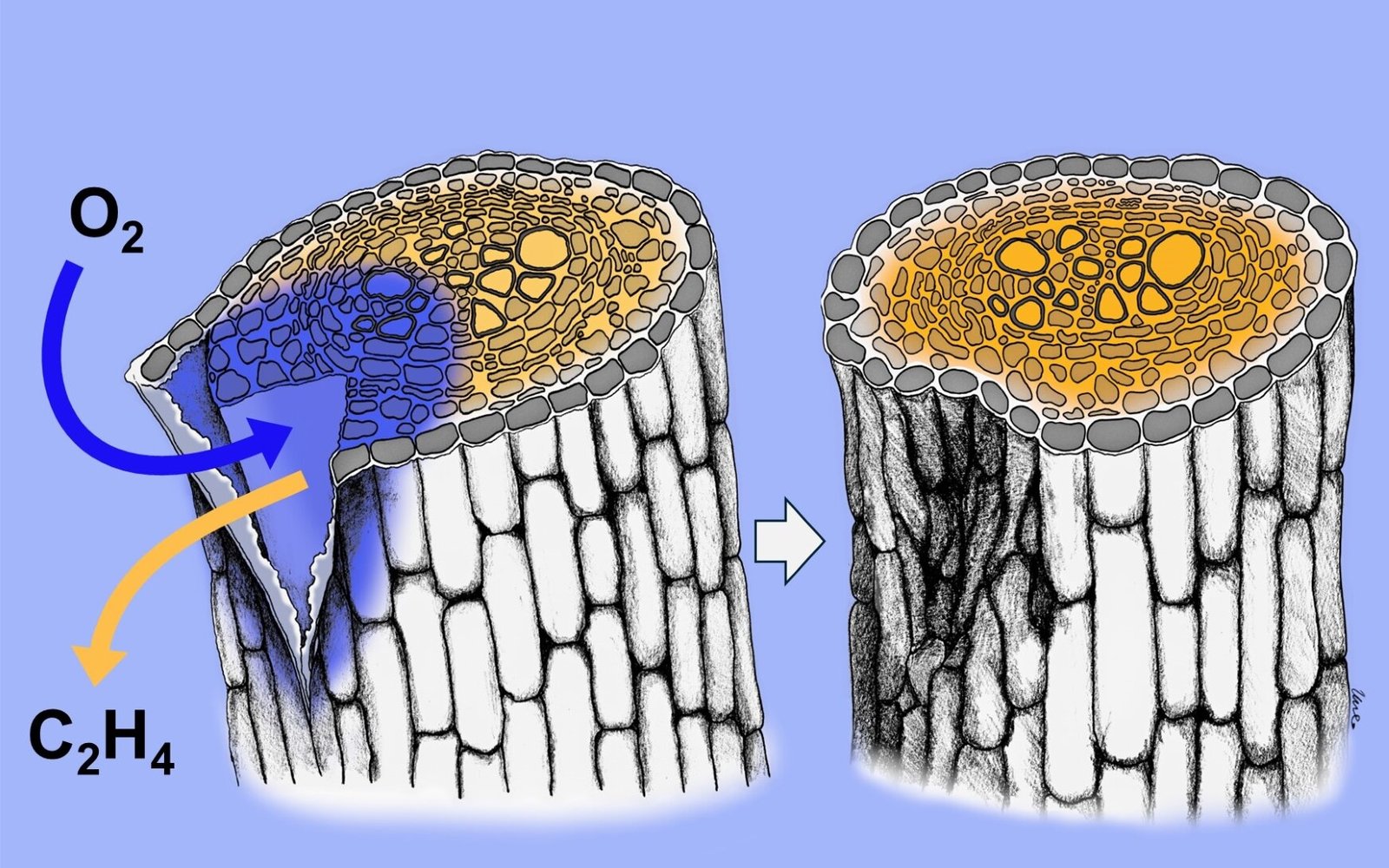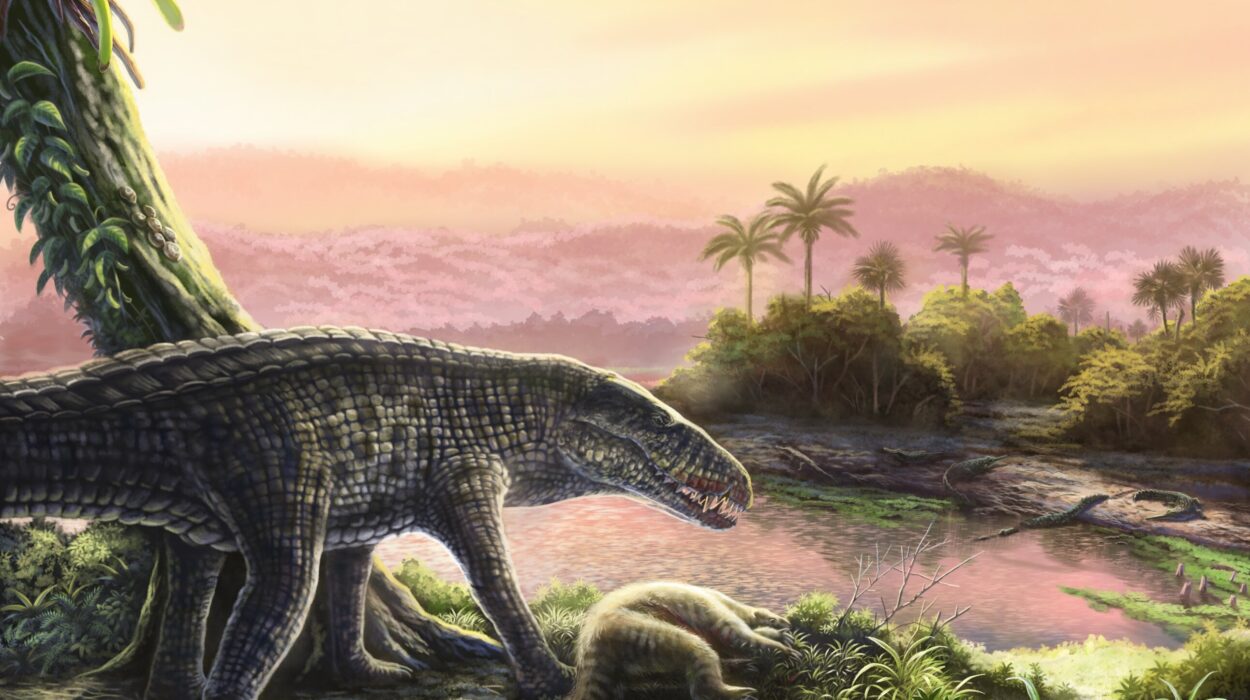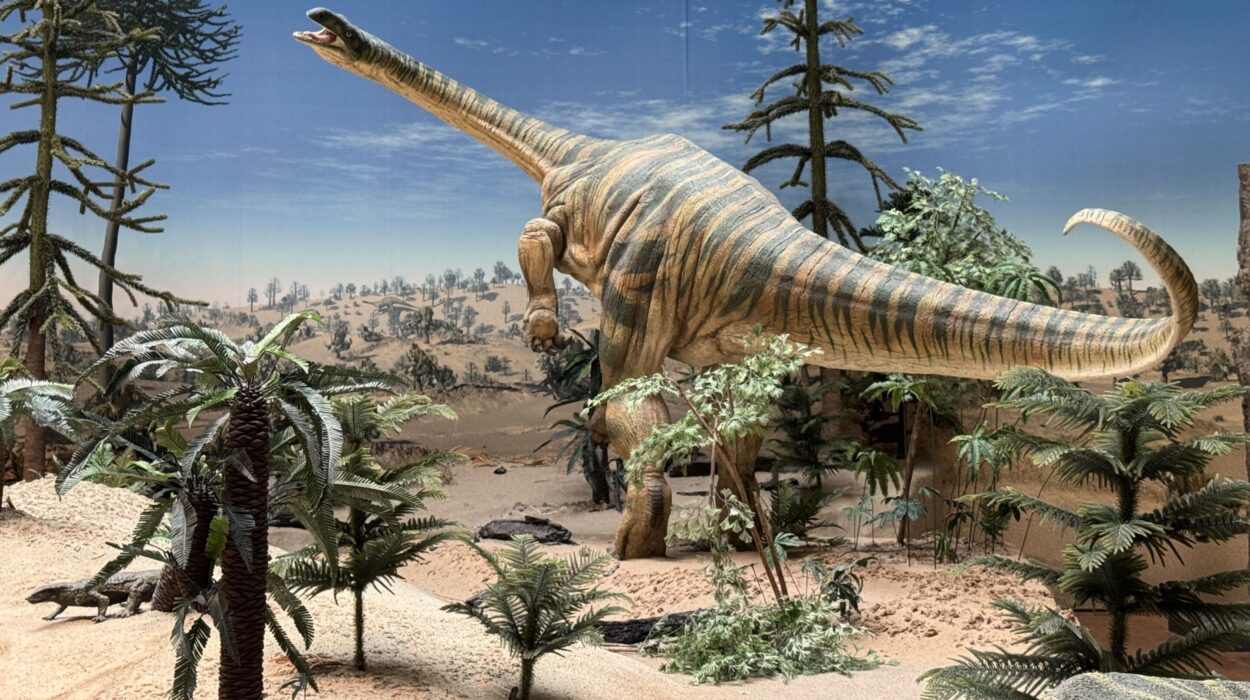Human evolution, for millions of years, was slow, silent, and governed by the relentless hand of nature. Ice ages sculpted our bodies. Diseases hardened our immune systems. Every adaptation was paid for in struggle, in death, in trial and error. Then, almost overnight in evolutionary terms, something changed. We built fire, tamed animals, carved stone, and spoke in abstract symbols. And finally, we created machines.
Technology didn’t just make our lives easier—it changed the very rules of survival. Now, with artificial intelligence in our pockets, gene-editing tools in our labs, and neural implants on the horizon, we face a radical question: Are we still subject to evolution, or are we now its master?
The answer is neither simple nor fully written. But the story is already unfolding, and it’s more extraordinary than science fiction could ever predict.
From Natural to Artificial Selection
The foundation of evolution, as laid out by Charles Darwin in the 19th century, is natural selection—the process by which traits that enhance survival and reproduction become more common over generations. For millions of years, this was the main engine of change. But humans are no longer just shaped by nature. We are now shaped by culture, medicine, and increasingly, by the tools we build.
Consider this: in a purely natural world, a baby born with a heart defect might not survive infancy. Today, that baby may receive surgery within days of birth and live a full life. Genes that would once have been selected against are now preserved. Technology, in this sense, has decoupled survival from biology.
But it’s not just about preventing death. We are beginning to edit the very fabric of life. Technologies like CRISPR-Cas9 allow scientists to cut, delete, and rewrite DNA with astonishing precision. In animal studies, we’ve already engineered resistance to diseases, enhanced muscle growth, and even altered behavior. Human applications are still tightly regulated, but the door has opened. The once immutable code of life is now editable.
We have stepped into the role evolution once played—selecting, enhancing, and even designing traits.
Genetics Meets Intention
The implications of gene editing are staggering. Imagine erasing genetic diseases before birth. No more cystic fibrosis. No more Huntington’s disease. It’s not just possible—it’s likely inevitable. But what happens when we move from treating illness to enhancing ability? What if we could increase memory, boost intelligence, or fine-tune emotional resilience?
The technology exists, or soon will. The real barrier is not science—it’s ethics. Are we ready to edit our children’s DNA for reasons beyond health? Should we? And if some societies or individuals decide yes, will others be forced to follow just to compete?
This kind of directed evolution is unprecedented. For the first time, evolution is not random, but intentional. Not slow, but potentially instantaneous. The path ahead is filled with both promise and peril.
The Silicon Symbiosis
While gene editing alters our biology, another technological revolution is changing how we think, feel, and interact with the world—the rise of brain-machine interfaces.
Elon Musk’s company Neuralink is perhaps the most well-known player in this space. Their early prototypes aim to help people with paralysis communicate and control machines. But the long-term vision is far more radical: merging the human brain with artificial intelligence.
If that sounds like science fiction, consider this: researchers have already enabled monkeys to control robotic arms using only their thoughts. Some humans with implants can type or move cursors without touching a keyboard. These are not distant dreams—they are present realities.
In the near future, we may be able to record memories, enhance cognition, or even communicate mind-to-mind through technology. At that point, where does the human end and the machine begin?
Evolution once acted through changes in anatomy and genetics. But in a future of neural implants and AI-assisted thought, it may act through software upgrades.
Culture as a New Evolutionary Force
Technology doesn’t just change our biology—it transforms our environment, our values, and our behaviors. These, too, shape evolution.
Consider how the invention of agriculture changed humanity. When we began farming 10,000 years ago, it radically altered our diets, our societies, and even our genes. Traits that helped digest starch or tolerate lactose became common. The very structure of our jaws, our skeletons, and even our immune systems changed in response to this new lifestyle.
Now consider the digital world. Children today grow up in a landscape flooded with information. Attention spans are changing. Memory is outsourced to Google. Face-to-face interaction is increasingly replaced by screens. Some researchers argue this may eventually affect cognition, empathy, and even neural wiring.
These shifts are not genetic—for now—but they are cultural. And culture, it turns out, can be as powerful an evolutionary force as DNA. In fact, some scientists argue that cultural evolution is now faster, more flexible, and more important than biological evolution.
This doesn’t mean genes are irrelevant. It means we must think of evolution more broadly. Language, education, and yes, technology are all part of the evolutionary toolkit now.
Artificial Intelligence as Evolution’s Wild Card
If evolution is the story of change over time, then AI may be its most unpredictable chapter yet.
We are not just building tools. We are building minds—systems that can learn, adapt, and sometimes outperform us. In games like chess and Go, AI has already surpassed the best human players. In domains like medical diagnostics, data analysis, and even creativity, AI is becoming a partner—or a rival.
The most radical thinkers suggest that artificial intelligence may one day surpass human intelligence entirely. This hypothetical tipping point is called the “technological singularity”—a moment when machines can improve themselves faster than we can understand or control.
If that happens, evolution may no longer be about humans at all. We may be replaced not by aliens or extinction, but by our own creations. Or we may merge with them, becoming something new—no longer Homo sapiens, but Homo technologicus.
This idea is speculative, but it is taken seriously by some of the brightest minds alive, including the late Stephen Hawking and the legendary inventor Ray Kurzweil. If even a fraction of this future comes to pass, then yes—technology will not just influence human evolution. It will end it and begin something entirely different.
The End of Death?
Perhaps the most emotionally charged frontier of technological evolution is the quest to defeat aging.
Aging is, in a biological sense, the slow breakdown of systems at the cellular and genetic level. But many researchers now believe it is not inevitable. It is a process that can be studied, slowed, and perhaps even reversed.
Companies like Altos Labs and Calico (backed by Jeff Bezos and Google respectively) are investing billions into longevity science. Experiments in mice and worms have extended lifespans dramatically. Certain interventions—like senolytics, which target aging cells—have shown promise in rejuvenating tissues.
Some scientists, like Dr. David Sinclair of Harvard, argue that aging is a disease—and like other diseases, it can be cured.
If they are right, we may be the first generation in history to age differently. Or not at all.
This doesn’t just challenge biology. It challenges our deepest ideas about life, death, meaning, and identity. If we can live 200 years—or forever—what happens to evolution? Will natural selection continue if no one dies?
Perhaps the greatest irony is that in seeking immortality, we may stop evolution in its tracks. No more death means no more change. In becoming gods, we may halt the very process that made us.
The Inequality Factor
A dangerous undercurrent flows beneath all these possibilities: access.
Gene editing, brain implants, AI enhancement—these are not cheap technologies. What happens if only the rich can afford to enhance their children, expand their minds, or extend their lives?
We could see the birth of a new evolutionary divide: not based on geography or ethnicity, but on economics. A genetically and technologically enhanced elite, and a “natural” underclass.
This isn’t just dystopian paranoia. We’ve already seen how digital access affects opportunity. Now imagine that divide written into your body and brain.
If technology drives future evolution, then who controls that technology will shape the destiny of our species.
Evolution in Reverse?
There is another possibility—less exciting, but just as real.
What if technology doesn’t make us gods, but weakens us? What if the comforts of modern life remove the pressures that once kept our bodies strong and our minds sharp?
Already, there is concern that certain genetic mutations are increasing in frequency not because they’re useful, but because we’ve removed the cost of having them. Myopia, for example, has skyrocketed in many parts of the world. Diabetes is spreading. Some researchers argue that by protecting ourselves from natural selection, we may be accumulating harmful mutations—a phenomenon known as “genetic load.”
In other words, we may be evolving, but in the wrong direction.
This is controversial and deeply debated. But it raises a chilling question: can evolution go backward?
Or, more accurately, can a species evolve in ways that threaten its own long-term survival?
The Hybrid Future
Most scientists agree on one point: we are entering a hybrid phase of evolution.
No single force will shape our future. Genetics, technology, culture, and environment will all interact in complex, often unpredictable ways. Some changes will be fast—like the adoption of smartphones. Others, like gene editing or synthetic biology, may unfold slowly but with far greater impact.
We are already hybrid creatures. Our thoughts are shaped by algorithms. Our health is managed by machines. Our memories live in clouds and our relationships in code. Soon, our biology may be part machine as well.
And beyond that?
Perhaps new species of human will emerge—genetically engineered, AI-augmented, culturally distinct. Perhaps Homo sapiens will become one thread in a much larger tapestry of post-human forms.
Or perhaps, just perhaps, we will find a way to use these powers wisely—to enhance, not replace, what it means to be human.
Conclusion: A Choice as Much as a Fate
Will technology change human evolution forever?
The answer is yes. It already has. But how it will change us—whether we become wiser, kinder, and more enlightened, or simply faster, stronger, and more divided—is still up to us.
We are no longer passengers on the evolutionary train. We are driving it.
And with that power comes a responsibility no species has ever faced: to decide not just how we live, but what we are.
This moment in history may be remembered not for the technologies we built, but for the choices we made with them. For the courage we showed—or failed to show—in steering the future of our species.
We are the first humans to glimpse the tools of gods. Now we must decide whether to use them with wisdom, or be reshaped by them beyond recognition.
The future of human evolution is no longer written in our genes alone.
It is written in our hands.






